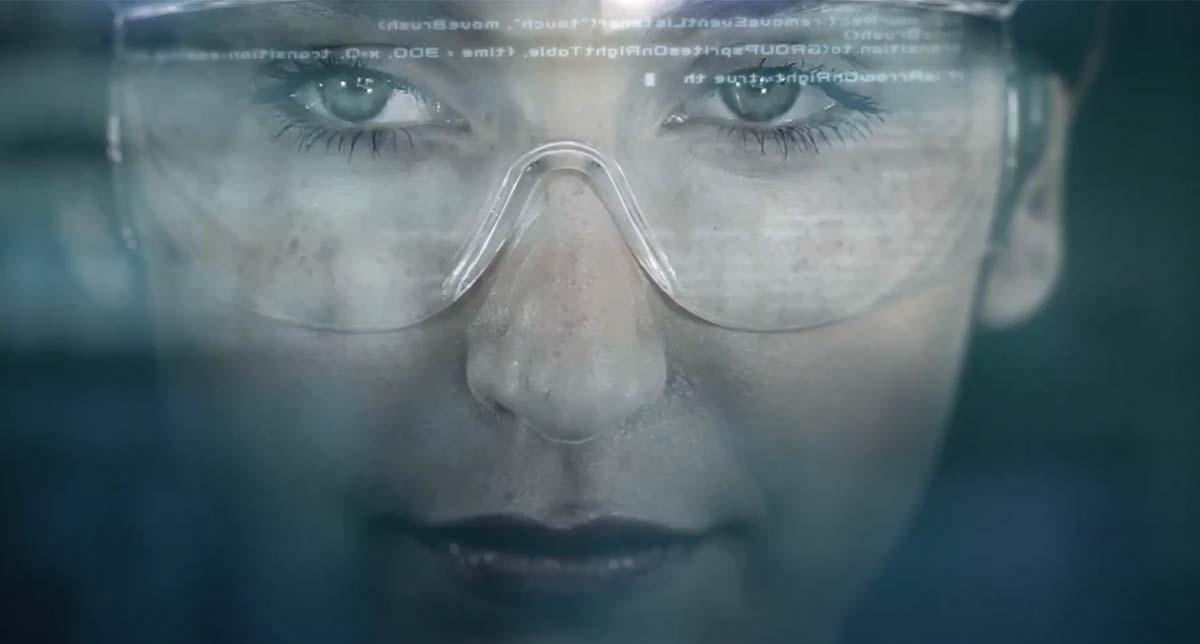Let’s cut through the noise. If you scroll LinkedIn for 5 minutes, you’d think AI has already reinvented recruiting, HR, talent management, and pretty much any people-related function. Vendors throw around phrases like “bias-free hiring,” “fully automated selection,” and “predictive cultural fit” like confetti. The reality? We’re not there. Not even close.
At Jobprofile, we see this daily
Clients come to us excited about shiny new AI solutions, only to realize they still need sharp human judgment to make sense of the data. The companies winning are those combining technology with real recruiting expertise — not trying to automate their way out of bad processes.
The fantasy: what AI promises HR and recruiting
Let’s give credit where it’s due. AI-powered systems can:
- Parse massive applicant pools in seconds.
- Pre-screen candidates with basic assessments.
- Handle first-level candidate queries via chatbots.
- Automate parts of onboarding.
Platforms like HireVue, Pymetrics, Phenom, and others are doing interesting things. They’re helping some organizations reduce time-to-hire and administrative workload. And yes, AI brings useful efficiencies for repetitive, rules-based tasks.
The reality: where AI still fails (big time)
Here’s what doesn’t make the vendor sales decks:
- Bias is baked in. The myth that AI eliminates bias is one of the most dangerous narratives in HR tech today. If your historical data reflects biased decisions (and most do), your AI will learn those patterns. Amazon scrapped its AI recruiting tool after it downgraded female applicants. This isn’t an edge case — it’s endemic.
- Hallucinations happen. Large language models like ChatGPT can generate convincing but factually wrong answers. Imagine an AI chatbot giving false information about your hiring process, benefits, or legal obligations.
- No sense of nuance. AI still cannot assess soft skills, leadership potential, emotional intelligence, or real cultural fit. These require human judgment, context, and conversation. Full stop.
- Opaque decision-making. Many AI systems are black boxes. Try explaining to a rejected candidate why the AI passed them over. Good luck.
The human factor: non-negotiable
At Jobprofile, we see the best results when AI is an assistant, not an authority. Here’s what smart HR leaders are doing:
- Regularly auditing AI systems for bias and ethical issues.
- Building diverse and representative training datasets.
- Keeping humans in control for final hiring decisions.
- Using AI as a data enhancer, not a decision-maker.
AI gives us better tools, but human recruiters and hiring managers are still the ones who:
- Read between the lines of a candidate’s story.
- Sense cultural alignment.
- Evaluate leadership and team fit.
- Adapt judgment to unique organizational needs.
The road ahead: cautious optimism
AI’s future in HR is real, but the path is long and bumpy. Over the next few years, we’ll see:
- More explainable AI models.
- Stricter compliance and auditing standards.
- Smarter hybrid models blending AI insights with human oversight.
- Growing pressure for transparent and ethical AI governance.
We’re not anti-AI at JobProfile. We’re anti-BS. The most dangerous thing HR can do is blindly believe the hype. The second most dangerous is to ignore AI entirely.
Conclusion
AI won’t replace recruiters or HR leaders. It will replace bad recruiters and HR leaders who fail to adapt, question, and critically oversee its use.
This is where the real opportunity lives: the HR pros who combine technology with critical thinking will own the future.




